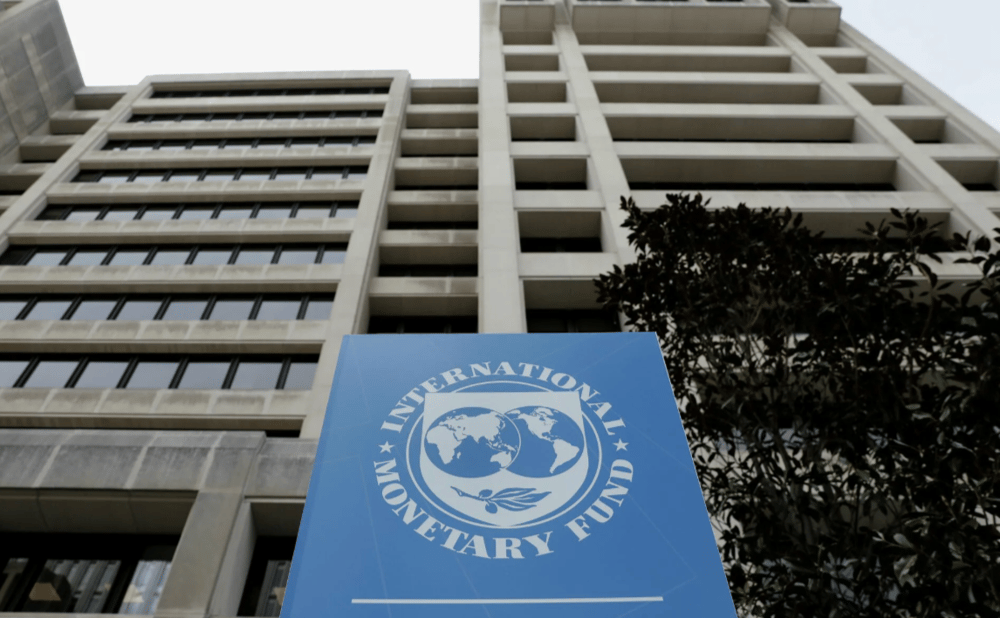IMF’s Gita Gopinath Highlights Challenges Beyond COVID-19 Monetary Responses
The ongoing global trade war has created significant challenges for central banks in emerging markets, distinctly different from the monetary policy environment during the COVID-19 pandemic. Gita Gopinath, First Deputy Managing Director of the International Monetary Fund (IMF), emphasized in a recent interview with the Financial Times that unlike the pandemic period—when central banks could swiftly ease monetary policies—trade tensions are causing unpredictable economic disruptions. This unpredictability complicates policy responses and financial stability management for emerging economies navigating global market volatility.
Trade War vs. COVID-19 — Divergent Monetary Policy Impacts on Emerging Markets
During the COVID-19 crisis, emerging market central banks were able to implement rapid and significant monetary easing to cushion economic shocks. Interest rates were lowered, and liquidity support was broadly applied, aiding recovery and market stabilization. However, the trade war introduces a more complex and erratic challenge, characterized by tariff escalations and retaliatory measures that disrupt trade flows, supply chains, and investor confidence in unpredictable ways.
Gopinath highlights that the tariff-driven uncertainty complicates the ability of central banks in developing economies to forecast inflation and growth trajectories, which are critical inputs for monetary policy decisions. Unlike a pandemic-driven shock, which is a global health crisis triggering somewhat uniform responses, trade disputes are sector-specific, geographically uneven, and can evolve rapidly with changing geopolitical developments.
The resulting volatility affects exchange rates, capital flows, and inflation expectations, demanding a nuanced and adaptive policy stance. Central banks must balance between containing inflationary pressures from tariffs and safeguarding economic growth, often with limited policy space due to pre-existing vulnerabilities like high debt levels or weak fiscal buffers.

Quick Facts
IMF’s Gita Gopinath underscores increased complexity for emerging markets’ central banks amid trade war.
COVID-19 period allowed rapid monetary easing, unlike current trade-induced uncertainties.
Tariff volatility disrupts trade flows, supply chains, and inflation forecasting.
Emerging market economies face exchange rate fluctuations and capital flow volatility.
Policymakers must balance inflation control and economic growth amid limited fiscal room.
Market Reactions and Expert Commentary on Emerging Market Monetary Challenges
Financial markets have shown heightened sensitivity to trade war developments, with emerging market currencies often under pressure due to risk-off sentiments. The USD exchange rate fluctuations directly impact local currencies, complicating central banks’ ability to maintain monetary stability.
Experts note that trade-related shocks may exacerbate inflationary trends through higher import costs, forcing monetary tightening even when economic growth remains fragile. This dynamic contrasts with the pandemic’s deflationary pressures where easing was widely feasible.
IMF and other international financial institutions advocate for flexible and data-driven monetary frameworks in emerging markets to navigate this volatility. Enhanced risk assessment tools and scenario planning are essential to mitigate the uncertainty stemming from global tariff policies and geopolitical tensions.

Key Takeaways
Trade war-induced uncertainty presents unique challenges compared to the COVID-19 crisis.
Emerging market central banks face difficulty in inflation forecasting and policy calibration.
Exchange rate and capital flow volatility increase financial instability risks.
Inflationary pressures may require tightening, conflicting with growth support needs.
Flexible and adaptive monetary policy frameworks are critical.
Coordination with fiscal policy and international support enhances resilience.
Significance of Trade War’s Monetary Policy Challenges for Emerging Markets
The trade war’s impact on emerging market central banks underscores a paradigm shift in monetary policy management beyond the COVID-19 experience. Gita Gopinath’s insights reflect the intricate balancing act required to maintain financial stability amidst tariff-induced disruptions and geopolitical unpredictability.
As emerging economies confront these evolving challenges, the importance of robust policy frameworks, real-time data analytics, and international cooperation becomes paramount. The trade war’s ripple effects serve as a critical test for the resilience of monetary institutions in developing markets, shaping their capacity to sustain growth and stability in an uncertain global landscape.















Comments
Capital flow into automation technologies reflects a broader trend toward intelligent infrastructure
Strategic deals like this reflect growing confidence in scalable tech innovation